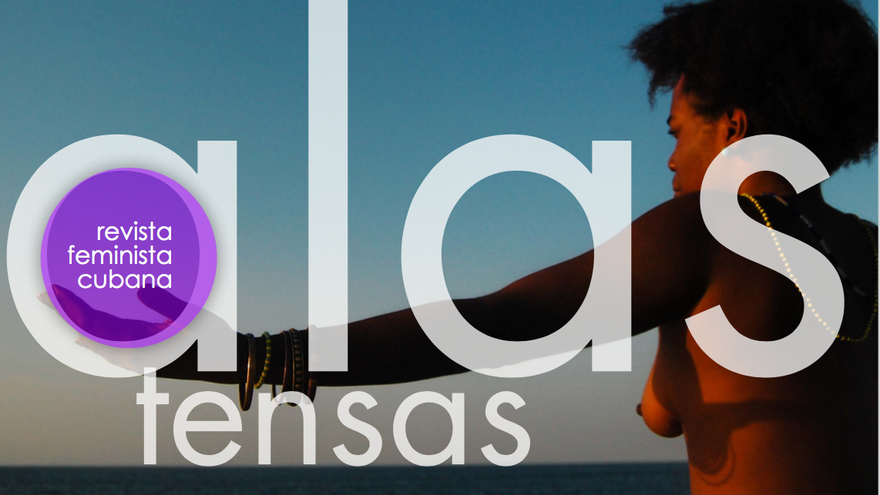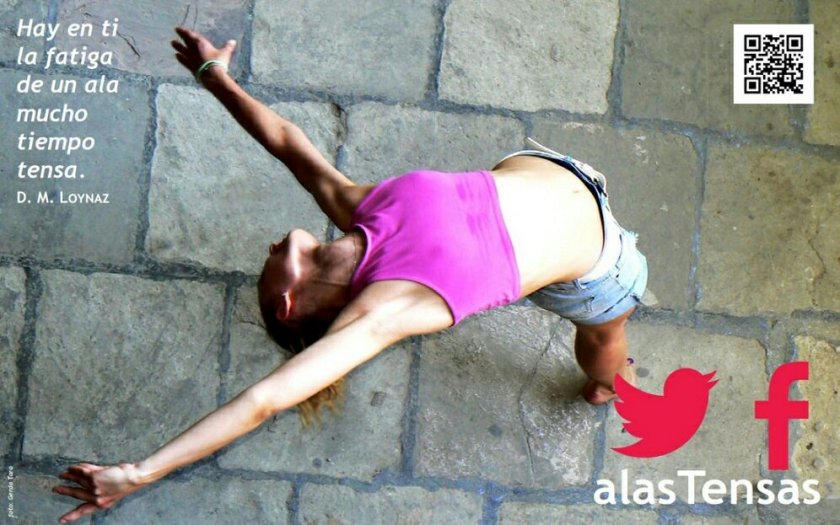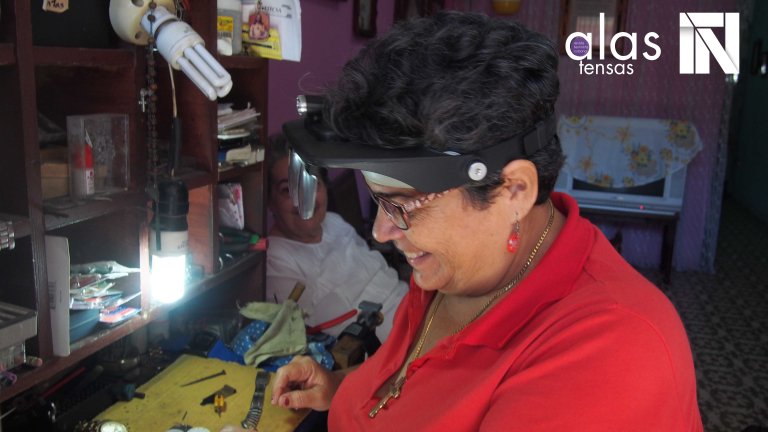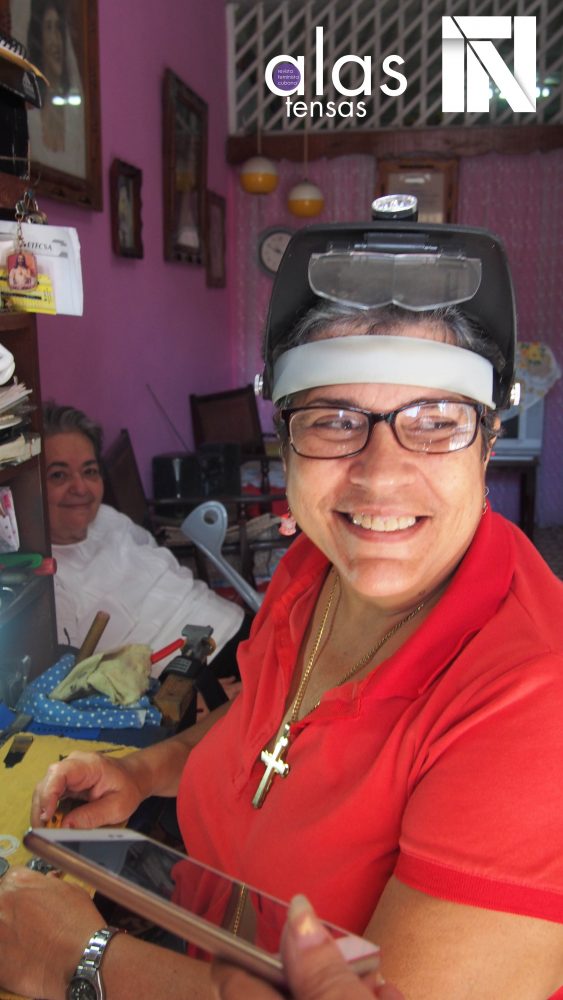
Veronica Vega, Alas Tensas, 5 July 2018 — Billie Jean King is a former American tennis player. She is among the greatest in the world sports and is a recognized activist for the defense of LGBT rights in the United States.
In 1973, she threatened to boycott the Tennis US Open if the women did not receive the same amount of prize money as the men.
She faced Bobby Riggs, a famous tennis player, in an unprecedented game-cum-show that was shown worldwide, where what was really being disputed was respect for women.
This last fact is magnificently reflected in the 2017 film Battle of the Sexes. continue reading
I would have preferred to learn about the event in 1973, when I was 8 years old. A match seen by 50 million people around the world and one of the great milestones of women’s sport! My mother would have been interested in the cause of the young woman, infecting me with the emotion of the moment and the significance of her victory.
There was am additional circumstance: my father had emigrated to the United States. Who knows if he was among the thousands of anxious spectators who watched the show live?
But my father’s letters took months. There was no internet, much less wifi. Without a mobile phone, or even a fixed one, how could we share that sports fervor with nuances of social vindication?

And how would the Cuban government define sexual equality through a game of tennis? A mere circus performance, a capitalist ruse to get publicity and money. The battle between the genres had already been won in Cuba. The woman was equal to the man: guerrilla, militant, revolutionary.
A decade later, in the 80s I still didn’t know anything about Billie Jean King. I worked as a long distance operator in the communications ministry. As I had a night shift, during our breaks I did exercises with a colleague on the mattresses where were supposed to sleep. We challenged ourselves with the splits, we did stretches and push-ups.
A few days later we were summoned to the ministry’s director. We were accused of being homosexual.
I wasn’t sure what “homosexual” meant. Nor did I know that even the famous Billie Jean had her fame overshadowed by a scandal mixing a legal demand and a lesbian relationship. I only knew that there were women that people pointed to muttering: “tortillera.” The word sounded dirty, eschatological, obscene.
My friend and I, inspired by the movie Flash Dance , were excited about dance and physical exercise. Our bewilderment was so authentic that the director concluded: “You are innocent little girls and do not know that there are gossiping and malicious people here…”
Two co-workers approached us, whispering: “As long as they don’t see you having sex, you can accuse them of defamation.” Then I did not realize the precariousness of the term “as long as.” These two young women were inseparable. Today I think they were lesbians, and that advice underlies their alibi and the basis of their rebellion.
Could they do more? Maybe they did not even know about the UMAP, but the social category of homosexuals had already been loudly established during the Mariel Boatlift. What does it matter that Cubans didn’t have a real tendency? They chose to include themselves among the “scum” just to escape from the socialist Eden.
Today the Cuban public can meet Billie Jean through a movie that was not shown in theaters.
Those who want to follow the trail will find out that she is as well known for her sports career as for her unstoppable social activism.
Now, 45 years after the War of the Sexes, the historical game of tennis won by her has not spread in Cuba, and homosexual unions are not legally recognized on the island.
The LGTBI community lacks political autonomy. So does the heterosexual. We can not associate freely or create independent projects. Much less companies. We can not organize ourselves and state our demands publicly and peacefully.
It has been announced that gays can now do their Military Service, while heterosexuals can not refuse even as conscientious objectors.
A film like Strawberry and Chocolate is praised to the point of exhaustion, but Santa and Andrés, a film that denounces not only repression of homosexuals but also of political dissidents, is marginalized.
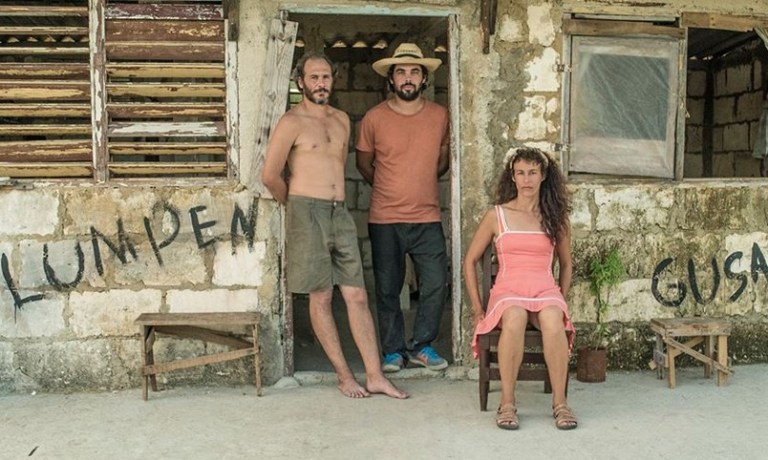
We do not have the right to organize ourselves to develop independently whether in sports, art or thought, or for philosophical, ecological, or altruistic purposes …
The fight for a fair wage should include everyone: men, women, LGTBI… and any unclassified gender. Because the only equality granted, which is not discussed, is civic immobility and vulnerability.


